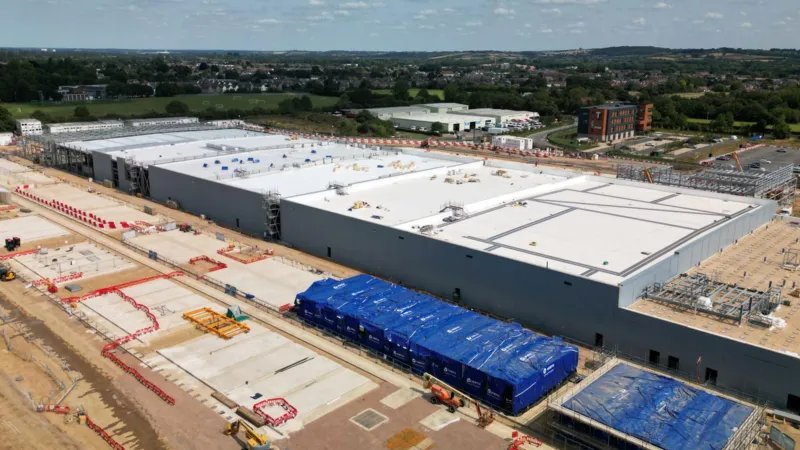The UK government has announced that data centres will now be considered as important as the NHS, power grid, and emergency services. This new classification means data centres will receive extra government help during major problems like cyber attacks or severe weather.
Data centres are large facilities that store and process vast amounts of data for services such as AI, data processing, and streaming. Despite concerns about their high energy and water use, the Labour government sees them as essential for modern life. Technology Secretary Peter Kyle described them as “the engines of modern life.”
Currently, the UK has 13 sectors listed as critical national infrastructure, with the latest update from nine years ago. Data centres will now be added to this list, following a government review that began in December 2023. A dedicated team will be set up to address threats to data centres and manage responses to major incidents, similar to the recent global issues caused by a cybersecurity firm update.
Cybersecurity expert Prof. Alan Woodward noted that while online services seem intangible, they rely on physical data centres. The former Deputy Prime Minister Oliver Dowden had previously warned of Russian threats to British infrastructure, and National Cyber Security Centre head Lindy Cameron highlighted the need for improved protection against cyber threats.
As the need for data centres grows, especially with the rise of AI services requiring substantial computing power, major companies like Amazon, Microsoft, and Google are investing heavily in UK data centres.
However, data centres face environmental concerns due to their high energy and water usage, and local opposition often arises against new developments. The National Grid has warned that data centre power use in the UK could increase six-fold in the next decade.
This update was reported by BBC, which emphasizes the crucial role data centres play in our daily lives and the growing need for their protection.
https://www.bbc.com/news/articles/c23ljy4z05mo

